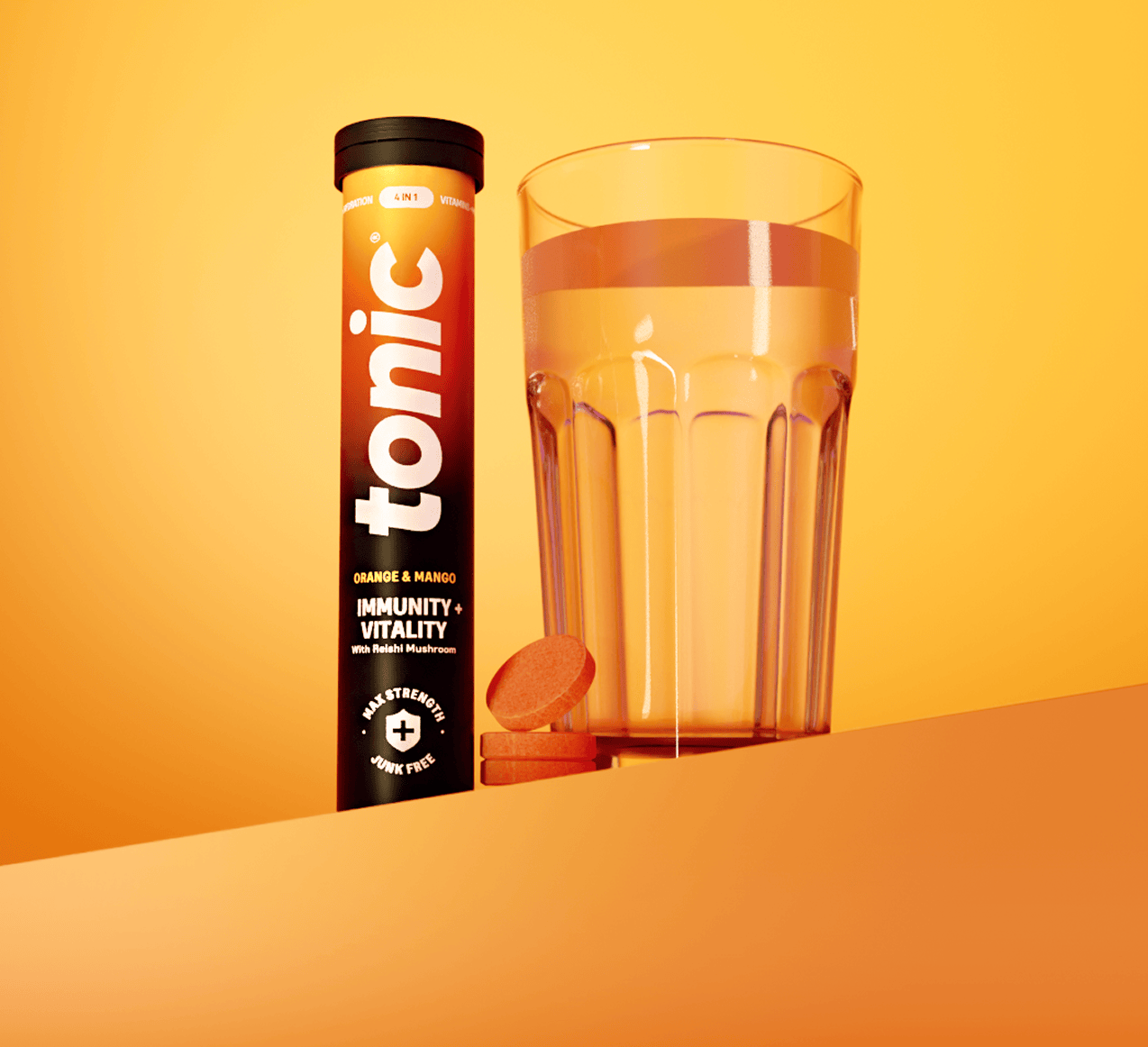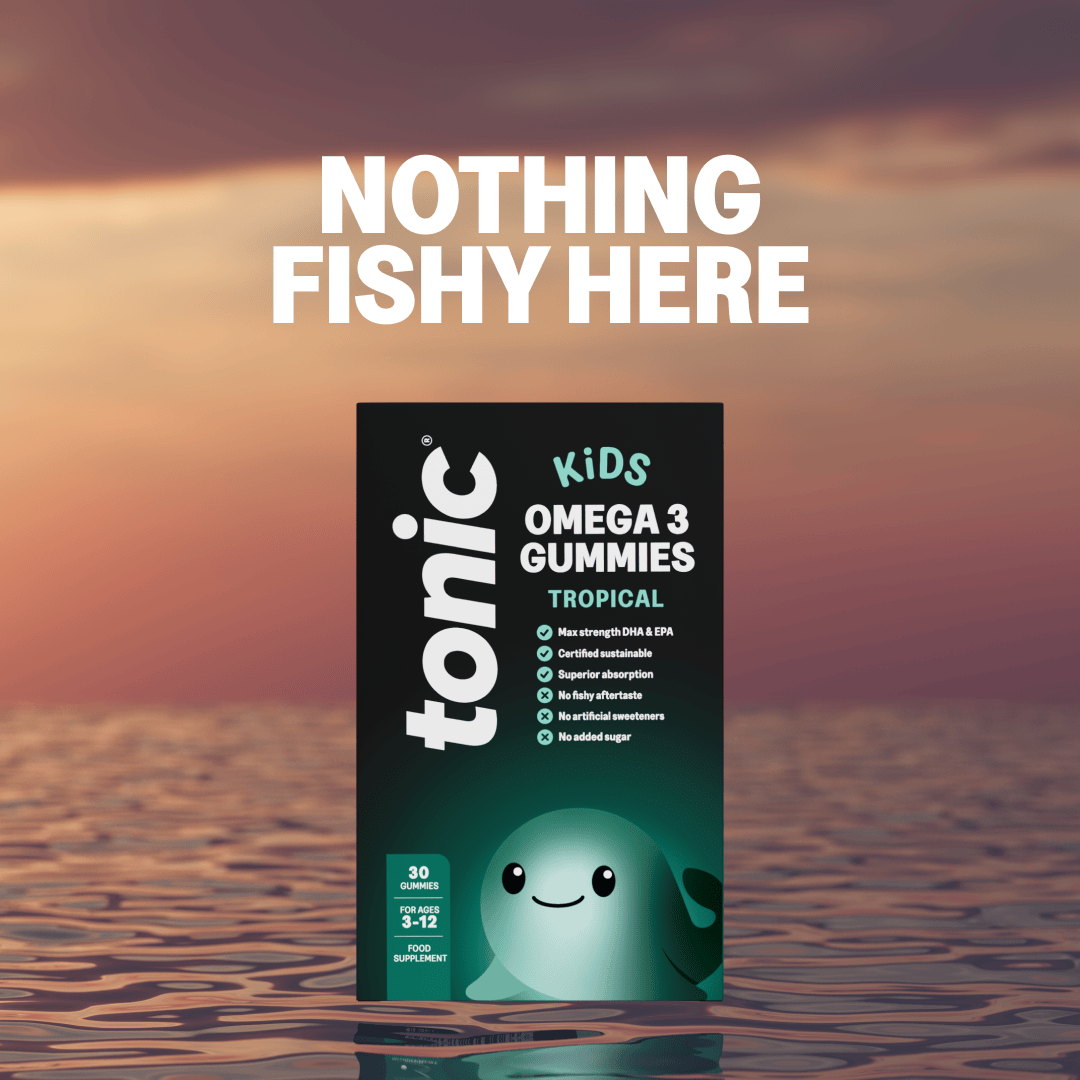When it comes to safeguarding our children's health, ensuring they get the right nutrients is paramount. Vitamins play a crucial role in their development, supporting everything from bone growth to brain function. However, navigating the sea of children's vitamins on the market can be confusing. Here's what to look for to ensure you're choosing the best option for your little ones.
1) High Doses of Essential Vitamins
Children's bodies are in a constant state of growth and development, which means they need ample amounts of various nutrients. Look for vitamins that offer high doses of essential nutrients, especially those that are often deficient in children's diets, such as vitamin D, vitamin C, and certain B vitamins. High doses ensure that your child's daily requirements are met, supporting their immune system and overall health. The worrying truth is that most standard vitamin brands don't even put enough nutrient in their vitamins to prevent a deficiency in your little ones. Centrum Kids shockingly have only 1 out of their 10 vitamins in their multivitamin that is enough to prevent kids from being deficient in the specific nutrient.
2) Comprehensive Nutrient Profile
A good children's multivitamin should include a broad spectrum of nutrients, with at least 10 or more different vitamins and minerals. This ensures a well-rounded approach to supplementation, covering the bases for a child's varied nutritional needs. Each nutrient plays a unique role in supporting different aspects of a child's health, from bone density (calcium, vitamin D) to cognitive function (omega-3 fatty acids, B vitamins). Take Bassetts for example, they actaully only provide 5 vitamins in their kids, so called, multivitamin.
3) Adequate Vitamin D
Vitamin D is essential for children, aiding in bone health and supporting the immune system. Ensure the multivitamin contains at least 10mcg (400 IU) of vitamin D is essential. This amount aligns with the NHS health recommendations to promote optimal bone health and immune function. Vitamin D is particularly important for children who spend a lot of time indoors or live in the UK between September and April when we can't make enough vitamin D from sunlight. We checked the supermarkets and only 1 out of the 5 brands we checked had 10 micrograms of vitamin D in their formula.
4) Read the Ingredients
Always scrutinize the ingredient list. High-quality children's vitamins should be free from added sugars, preservatives, and artificial sweeteners. These unnecessary additives can detract from the health benefits of the vitamins and introduce elements that you might want to minimize in your child's diet. Instead, opt for vitamins made healthy, as they are more easily recognized and utilized by the body.
5) No Added Sugar
It's crucial to choose a vitamin without added sugars. Children often consume more sugar than is recommended, and unnecessary sugar in vitamins can contribute to this excess. Added sugars not only pose a risk for dental issues but can also lead to energy spikes and crashes, affecting your child's mood and concentration. A good vitamin will provide the nutrients your child needs without the added sugars they don't. Unfotunately, most kids vitamin gummies contain added sugar (2-4g per dose). The only alternative option, if we do say so ourselves, is the Tonic Health, no sugar and no sweetener vitamin gummy for kids which is just made from beetroot fiber.
6) Preservative and Artificial Sweetener-Free
Preservatives and artificial sweeteners, while extending shelf life and enhancing taste, are additives that many parents prefer to avoid. These chemicals can have unknown long-term effects and may contribute to behavioral issues or sensitivities in some children. Selecting a vitamin without these additives ensures your child is getting the pure nutrients they need without potential risks. Take Bassetts as an example, who replaced the sugar with artificial sweeteners... the same ones in diet soft drinks like sucralose which has shown to be gut disruptive. Not what we want for out little one's.
Conclusion
Choosing the right vitamin for your child involves more than picking up the most appealing bottle off the shelf or whichever one has their favourite cartoon character. It requires attention to the formulation, ensuring it delivers high doses of essential vitamins and minerals, covers a broad spectrum of nutrients, and avoids unnecessary additives like sugars, preservatives, and artificial sweeteners. By prioritizing these key factors, you can provide your child with a strong nutritional foundation, supporting their growth and development while instilling healthy habits for life. Remember, a well-chosen vitamin supplement can act as nutritional insurance, filling in the gaps and ensuring your child gets the nutrients they need to thrive.






Leave a comment
All comments are moderated before being published.
This site is protected by hCaptcha and the hCaptcha Privacy Policy and Terms of Service apply.